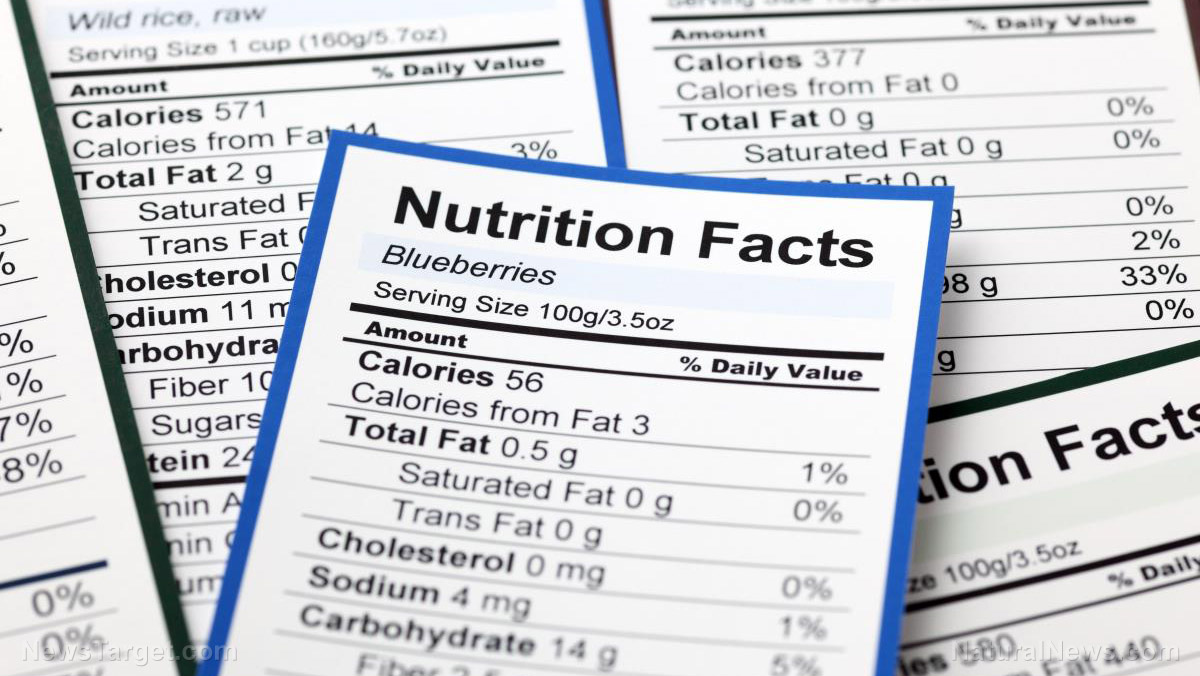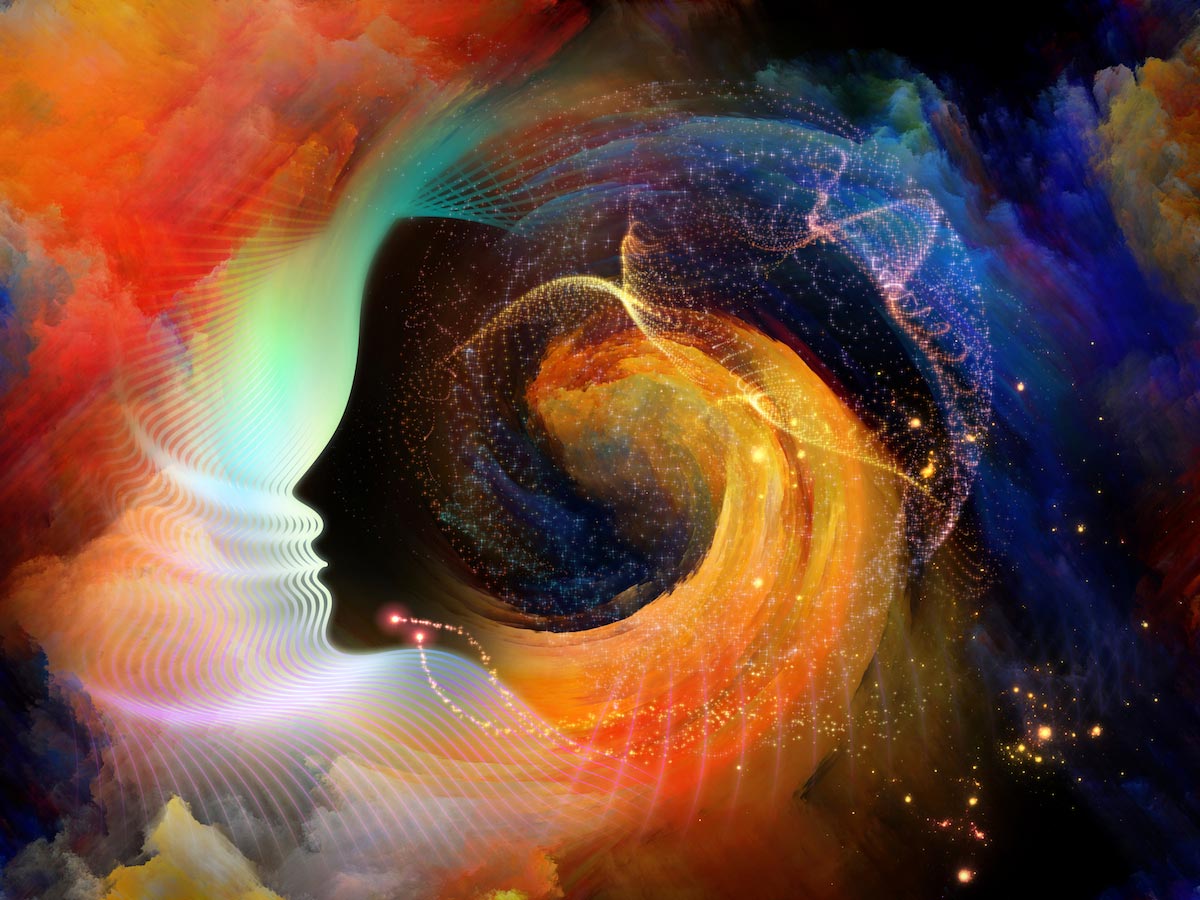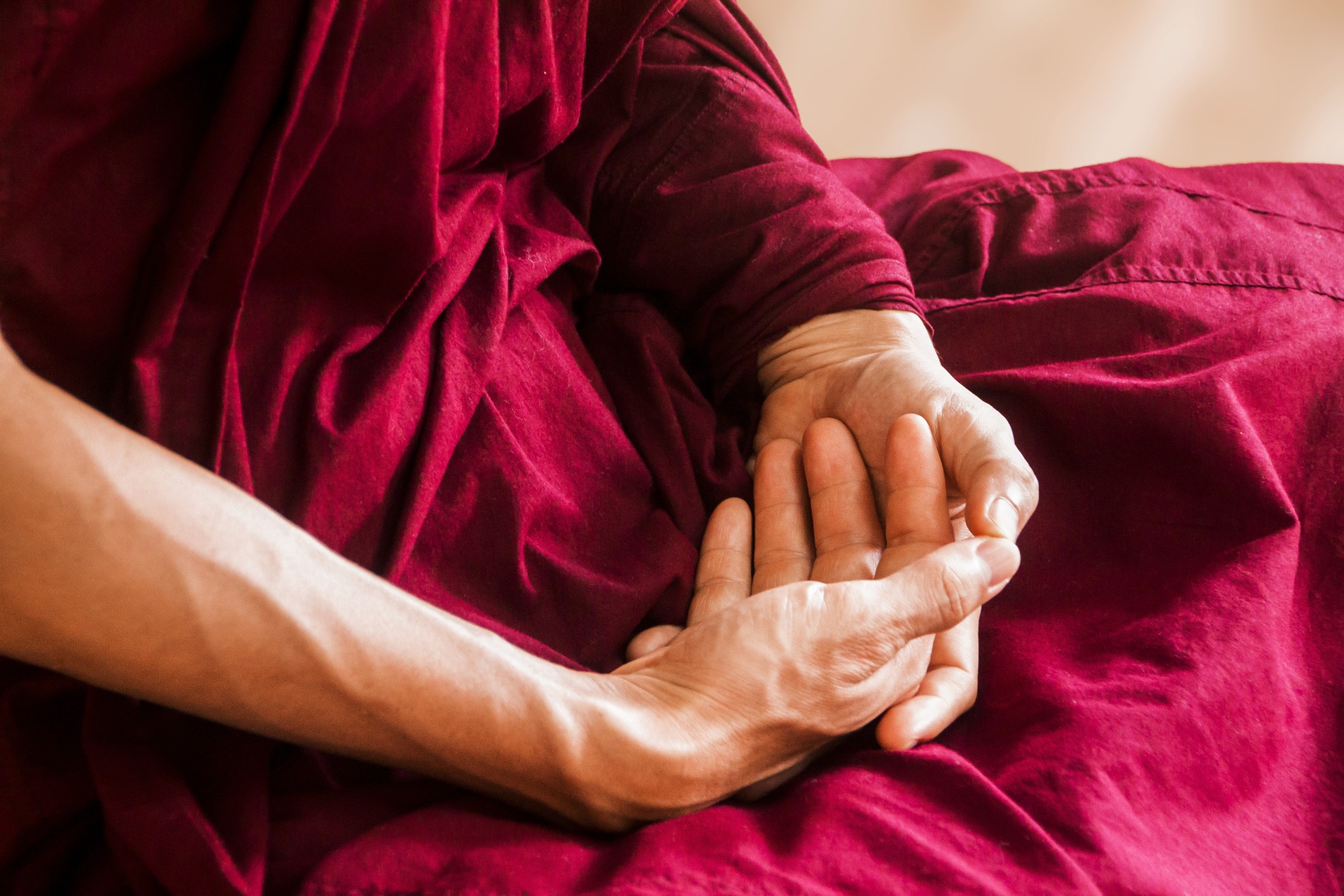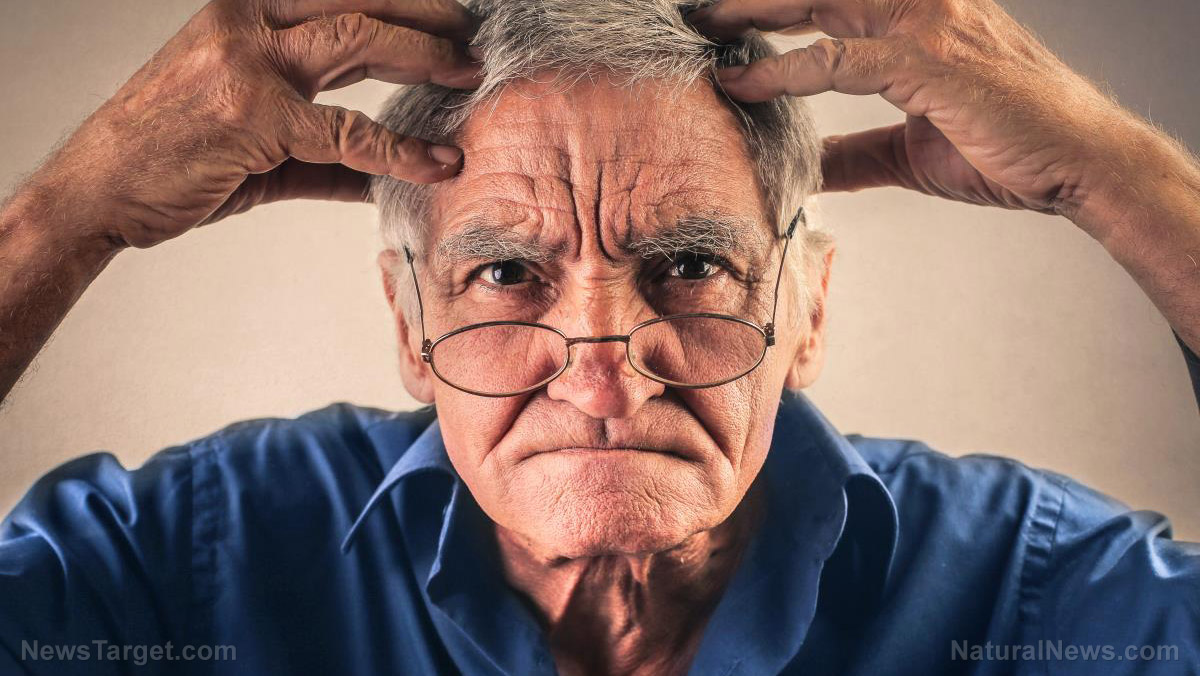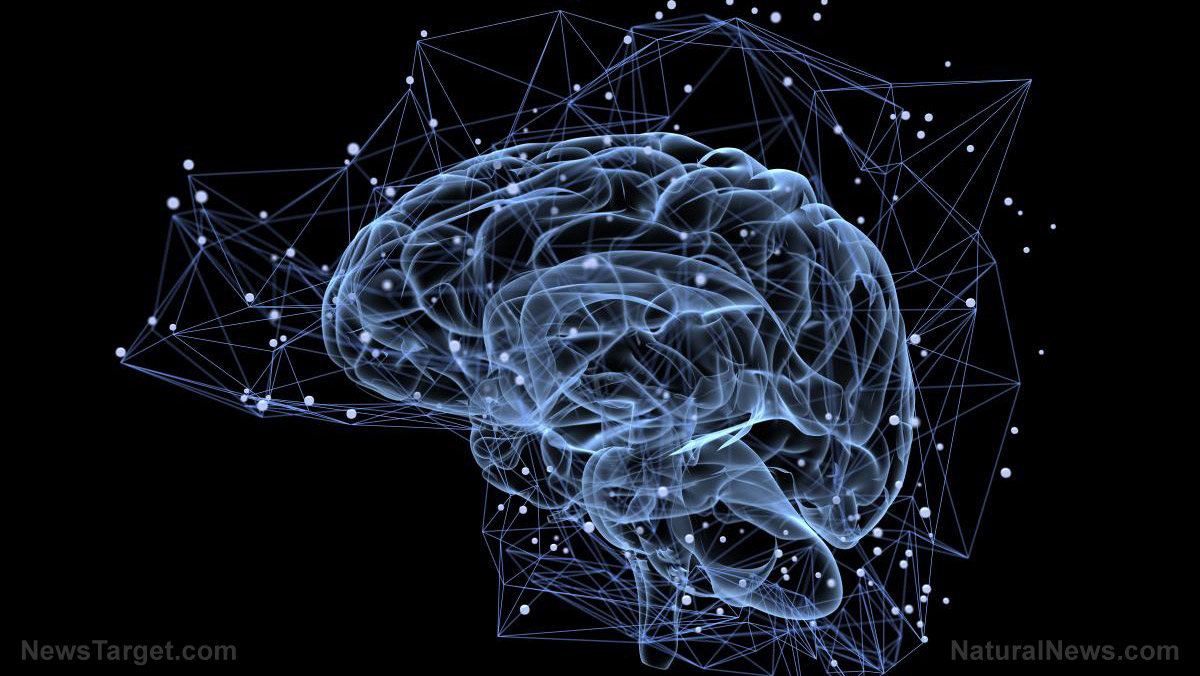How to beat caffeine addiction and lessen withdrawal symptoms
10/02/2018 / By Ellaine Castillo

For many people, caffeine has become a crucial part of their day. There are even some who feel like they won’t be able to function without having some coffee, tea, or soda in their system. This is why caffeine is considered the most common addiction.
Caffeine is a stimulant found in plants that provides multiple benefits. These include reduced risk of depression, Alzheimer’s, Parkinson’s, heart disease, and diabetes. Aside from these, caffeine can also stimulate the production of dopamine, to increase motivation and productivity, and acetylcholine to enhance memory and learning.
Since it is an addictive substance, you can become dependent on it. When you consume more and more caffeine, you start to depend on the so-called “caffeine high” that you experience as a result of caffeine’s psychoactive properties. For this to happen, caffeine binds to receptors in the brain that are usually reserved for adenosine, a chemical that relaxes the nervous system. Since adenosine can’t bind, your brain will not feel tired and would continue to produce stimulants for the different brain functions. This leads to an overall feeling of alertness, focus, and motivation.
Unfortunately, regular caffeine intake can alter brain chemistry. The adenosine molecules that have nothing to bind to will signal your brain to make more receptors for it, making it impossible to achieve the desired caffeine high with the usual caffeine intake. In terms of addiction, this is the part where tolerance against the addictive substance is developed. Since your brain has become more tolerant of caffeine, there has to be an increase in intake to get the usual response.
Once your brain has been altered to have more receptors, the effects of not getting caffeine will worsen. Without a supply of caffeine, the receptors are now available for adenosine to bind to. This induces a feeling of extreme tiredness and other symptoms of withdrawal, just like in other addictive substances. Other withdrawal symptoms may include:
- Headaches
- Anxiety
- Poor concentration
- Depression
- Impaired cognitive and motor skills
- Irritability
- Mood swings
- Muscle aches and stiffness
- Nausea
- Vomiting
How to ease withdrawal symptoms
These symptoms may be difficult to get through but they are part of the road to recovery. Some tips on how to ease withdrawal symptoms include:
- Quitting gradually – Although gradual quitting takes longer, the symptoms will be less severe. Green tea can also be substituted for other caffeinated drinks since its caffeine content is lower. Aside from this, green tea also has natural relaxants that seemingly put brainwaves in a state of meditation.
- Taking herbal remedies – Herbal remedies, known as adaptogens, can relieve withdrawal symptoms. Adaptogens, such as ginseng and ginger, reduce the effects of stress while simultaneously calming the body and boosting energy.
- Applying or smelling essential oils – Using essential oils can remedy withdrawal symptoms, especially headaches. Lavender, peppermint, and chamomile are some essential oils that are recommended for headaches.
- Drinking enough water – Caffeine causes increased urination, leading to a loss of water that causes the brain to shrink and set off pain receptors in the protective membrane. Getting eight glasses of water per day can help prevent this.
- Using an ice pack – Applying an ice pack on the forehead will help relieve withdrawal headaches by increasing blood flow and numbing the area.
- Exercising – Although withdrawal can cause feelings of tiredness, it is important to still get some physical activity. This will give the body a boost in energy level without needing caffeine.
Although caffeine has become a crucial part of the day for many, it is important to remember that caffeine isn’t completely healthy. It is an addictive substance that can cause harm to the body without people even noticing it. This is why it might be best to just avoid it. (Related: The hidden dangers of caffeine: How coffee causes exhaustion, fatigue and addiction.)
Learn more about caffeine addiction and its symptoms by visiting Health.news today.
Sources include:
Tagged Under: addiction, brain health, caffeine, Caffeine Addiction, caffeine withdrawals, coffee, detox, Diets, mind body science, natural health, nutrition, soda, tea, withdrawal symptoms

